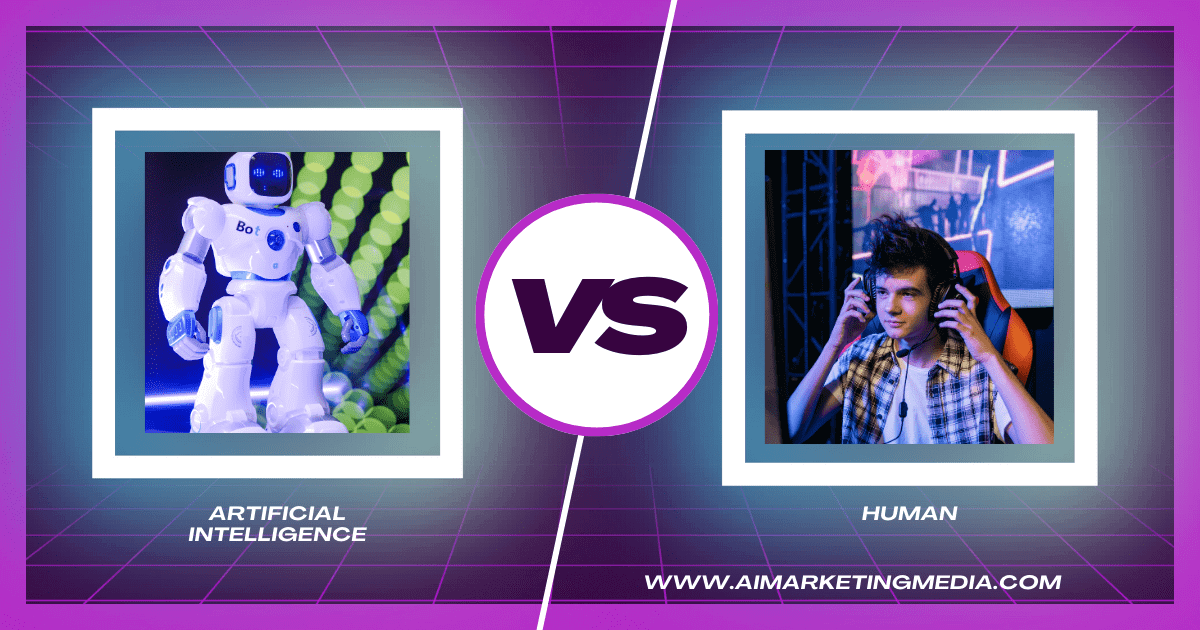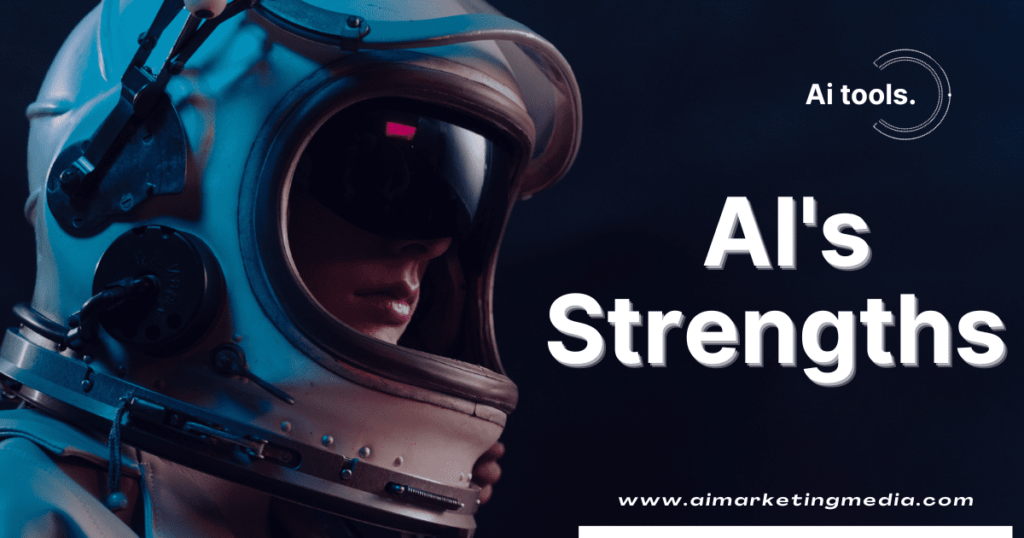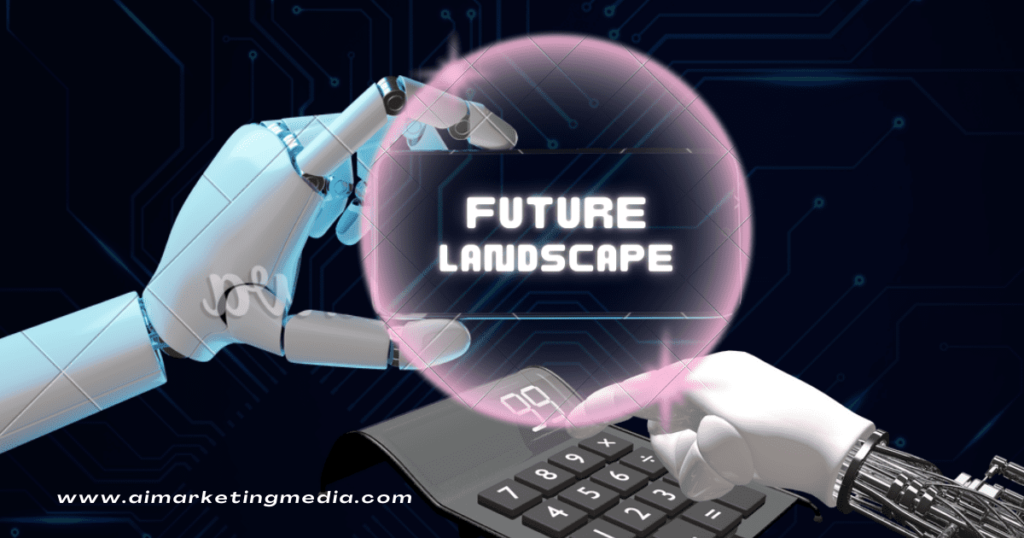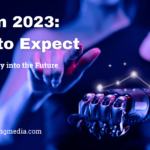Physical Address
India

In today’s era of rapid technological progress, the debate over the supremacy of Artificial Intelligence (AI) vs human intelligence takes the spotlight. It’s a monumental clash where algorithms and neural networks face off against the intricacies of the human mind.
This article embarks on an intriguing journey to explore the battle between AI and human intelligence. We will delve into the strengths and limitations of both sides, examining their respective domains. Along the way, we’ll ponder the future landscape where they coexist harmoniously. Join us as we navigate through the realms of AI’s computational prowess and the unique creativity of human intelligence, all while attempting to answer the age-old question: Who emerges victorious in this ultimate showdown?”
In the realm of intelligence and cognition, a new contender has emerged – Artificial Intelligence (AI). This modern marvel has sparked a global debate, pitting AI against its creators, humans. The question that lingers in the minds of many is: Who wins this battle of wits and capabilities? To delve into this fascinating contest, we must explore the strengths and limitations of both AI and human intelligence.
AI’s ascent has been nothing short of remarkable. It boasts computational power that enables it to process vast datasets at lightning speed, make decisions based on complex algorithms, and even mimic human reasoning. Machine learning, a subset of AI, allows systems to improve their performance through experience, which can lead to unprecedented accuracy and efficiency.
On the other side of the arena stands human intelligence – the product of millions of years of evolution. Human minds are not only capable of processing information but also of understanding context, making nuanced judgments, and displaying emotions. Creativity, empathy, and adaptability are among the hallmarks of human intelligence.

One of AI’s greatest strengths is its ability to process and analyze vast amounts of data. This capability has been harnessed across various industries, from healthcare to finance, leading to breakthroughs in diagnosis, predictions, and decision-making. AI’s consistency and lack of bias in processing information are also noteworthy.
Despite its prowess, AI has its limitations. It operates within the constraints of its programming and lacks the capacity for true understanding or consciousness. It relies on historical data for predictions, which can be a drawback in rapidly changing environments. Additionally, ethical concerns surrounding AI decision-making have arisen.
Human intelligence’s greatest asset lies in its versatility. Humans excel in tasks that require creativity, emotional intelligence, and adaptability. They can handle unpredictable situations, navigate social interactions, and demonstrate empathy. Moreover, human intelligence fuels innovation and drives progress.
However, human intelligence is not without limitations. It can be prone to biases, errors in judgment, and cognitive limitations, such as information overload. Human cognition is also constrained by factors like fatigue and stress, affecting decision-making.

As we navigate the intersection of AI and human intelligence, it becomes evident that the two complement each other. Rather than engaging in a zero-sum competition, they are poised to collaborate and amplify each other’s strengths.
AI serves as a tool to augment human capabilities. In healthcare, AI aids doctors in diagnosing diseases with remarkable accuracy. In finance, it provides insights for investment decisions. In education, it personalizes learning experiences. These examples demonstrate how AI can empower humans to achieve more.
While AI can excel in repetitive and data-driven tasks, it cannot replace the human touch. The warmth of human interaction, the creativity of artists, the intuition of leaders – these are facets of human intelligence that remain irreplaceable.
As AI continues to evolve, ethical considerations become paramount. Questions about accountability, transparency, and bias in AI decision-making need to be addressed. Striking the right balance between AI and human control is crucial.
So, who wins in the AI vs. human intelligence battle? The answer lies not in a binary victory but in a harmonious partnership. AI extends human capabilities, enabling us to solve complex problems and achieve feats previously thought impossible. Human intelligence adds the spark of creativity, emotional depth, and ethical reasoning to AI’s algorithms.
As we embrace the era of AI, let’s remember that it’s not about one prevailing over the other. It’s about harnessing the strengths of both AI and human intelligence to create a future where innovation knows no bounds. In this collaboration, we all emerge as winners.
AI can excel in specific domains, such as data analysis, pattern recognition, and automation of repetitive tasks. However, human intelligence remains superior in areas that require creativity, emotional intelligence, ethical reasoning, and nuanced decision-making. The synergy of AI and human intelligence often leads to optimal outcomes.
AI decision-making relies on algorithms and data analysis to make choices based on patterns and historical data. Human decision-making, on the other hand, incorporates emotional factors, ethical considerations, and the ability to adapt to unique situations. AI is consistent and precise, while humans can provide context and empathy.
Ethical concerns in AI include biases in algorithms, transparency in decision-making, and accountability for AI-driven actions. Ensuring fairness, avoiding discrimination, and addressing biases are critical aspects of ethical AI development.
Yes, AI and human intelligence can collaborate effectively in various fields. In healthcare, AI aids doctors in diagnosing diseases. In finance, it provides insights for investment decisions. Combining AI’s analytical capabilities with human creativity and intuition leads to innovation and enhanced problem-solving.
Striking a balance involves setting clear ethical guidelines, ensuring transparency in AI systems, and retaining human oversight in critical decisions. Collaboration between AI and humans should prioritize ethical, responsible, and accountable practices to harness the strengths of both.




